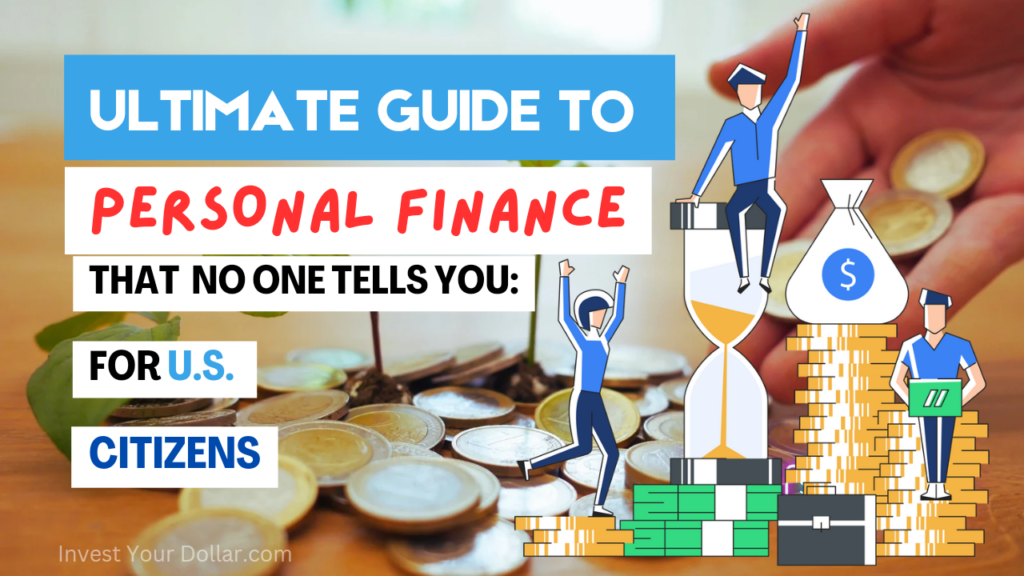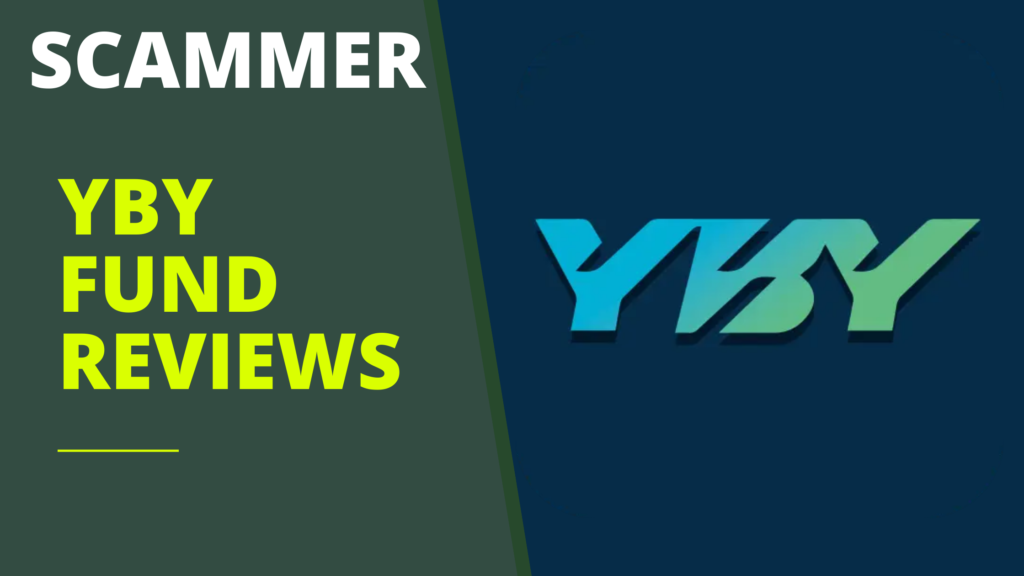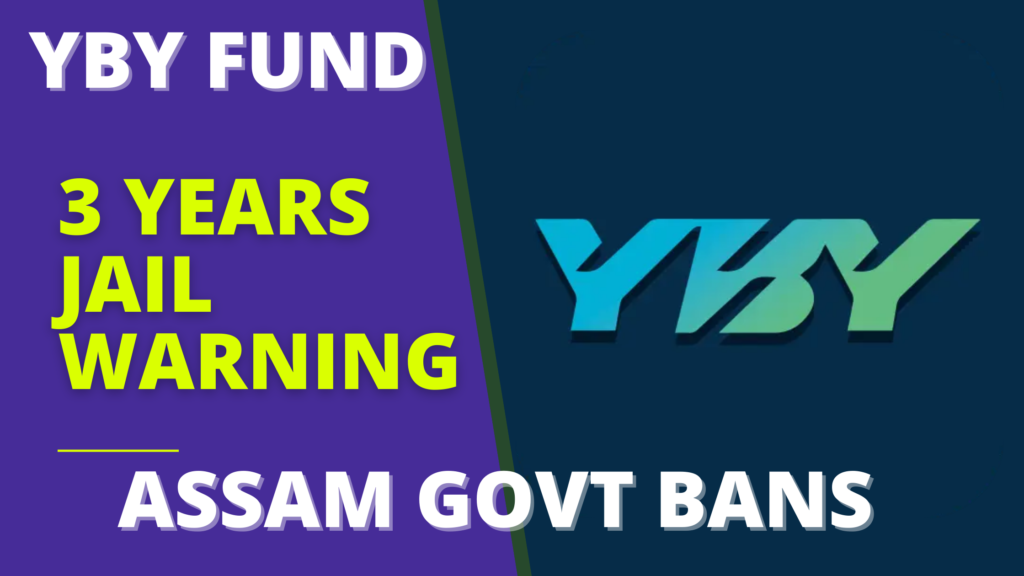Investing in real estate is often seen as a path to financial freedom, wealth accumulation, and long-term stability. However, the traditional view of real estate investing usually involves significant capital and high entry barriers. Fortunately, there are several strategies for getting started in real estate with little money. This guide will explore practical approaches that allow you to invest in real estate without breaking the bank.
1. Understand the Basics of Real Estate Investing
Before diving into any investment, it’s crucial to familiarize yourself with the fundamentals of real estate:
- Types of Real Estate: Real estate can be categorized into residential, commercial, industrial, and land. Each type has different investment potentials and risks, so research which category interests you the most.
- Investment Strategies: Learn about various strategies such as buy-and-hold, flipping, wholesaling, and rental properties. Understanding these will help you identify the best approach for your financial situation and goals.
- Market Research: Analyze the real estate market in your desired area. Look for trends, property values, and neighborhood characteristics. This knowledge will help you make informed decisions and spot good deals.
2. Consider House Hacking
House hacking is a popular strategy for new real estate investors looking to minimize costs. This involves purchasing a multi-unit property, living in one unit, and renting out the others.
- How to Start: Look for duplexes, triplexes, or fourplexes in areas where rental demand is high. Use traditional financing, FHA loans, or VA loans to reduce your down payment requirements.
- Benefits: The rental income can cover your mortgage, taxes, and other expenses, effectively allowing you to live for free or at a reduced cost while building equity in the property.
3. Utilize FHA Loans
The Federal Housing Administration (FHA) offers loans that require significantly lower down payments than traditional mortgages—sometimes as low as 3.5%. This is especially beneficial for first-time homebuyers.
- How to Qualify: FHA loans are available to buyers with lower credit scores and smaller savings. You’ll need to meet specific income and debt-to-income ratios to qualify.
- Benefits: With an FHA loan, you can purchase a property with little money down, making it easier to enter the real estate market.
4. Explore Real Estate Crowdfunding
Real estate crowdfunding platforms allow investors to pool their money to invest in real estate projects, providing a way to participate in larger investments with minimal capital.
- How to Get Started: Research platforms like Fundrise, RealtyMogul, or CrowdStreet. These platforms typically have low minimum investment requirements, often starting at $500 to $1,000.
- Benefits: Crowdfunding allows you to diversify your real estate investments across multiple properties, reducing risk while still enabling participation in the market.
5. Partner with Other Investors
Forming a partnership with other investors can significantly increase your purchasing power. By pooling resources, you can invest in real estate opportunities that would otherwise be unattainable.
- How to Find Partners: Network with friends, family, or colleagues interested in real estate. Attend local real estate investment clubs or online forums to meet like-minded individuals.
- Benefits: Partnerships allow you to share the financial burden and responsibilities, making it easier to invest with little money. Just ensure that you establish clear terms and agreements to avoid conflicts.
6. Consider Wholesaling
Wholesaling involves finding distressed properties, securing them under contract, and then selling that contract to an investor for a fee. This strategy requires minimal upfront investment, mainly for marketing and legal fees.
- How to Start: Research your local market for motivated sellers (e.g., foreclosures, properties in disrepair) and develop a network of investors looking for deals.
- Benefits: Wholesaling can generate quick cash without needing to purchase properties. This can provide funds to invest in other real estate opportunities.
7. Look for Seller Financing
Seller financing occurs when the property owner provides financing directly to the buyer, allowing you to purchase a property without a traditional mortgage. This can be beneficial if you have limited funds for a down payment.
- How to Find Opportunities: Search for motivated sellers, such as those facing foreclosure or needing to sell quickly. You can find these listings online or through local real estate agents.
- Benefits: Seller financing often comes with more flexible terms than traditional loans, making it easier for you to negotiate lower down payments and interest rates.
8. Invest in REITs (Real Estate Investment Trusts)
If direct property investment is not feasible, consider investing in REITs. These companies own and manage income-producing real estate and allow you to invest in real estate through the stock market.
- How to Get Started: Research and select publicly traded REITs or real estate mutual funds. You can invest in them through a brokerage account, often with minimal capital.
- Benefits: REITs provide exposure to real estate without the need for direct ownership, allowing for diversification and liquidity similar to stocks.
9. Participate in Local Real Estate Workshops or Courses
Many communities offer workshops, seminars, or courses on real estate investing. Participating in these can provide valuable knowledge and networking opportunities.
- How to Find Them: Look for local real estate investment clubs, community colleges, or online platforms that offer courses on real estate investing.
- Benefits: Education can equip you with the knowledge needed to make informed investment decisions and connect you with experienced investors who may offer partnership opportunities.
10. Leverage Sweat Equity
If you’re handy or willing to learn, consider investing in properties that require renovation. This approach is often referred to as “sweat equity,” where you increase a property’s value through your labor.
- How to Get Started: Look for undervalued properties in need of repairs or upgrades. Purchase these properties at a lower price and invest your time in improving them.
- Benefits: By doing the renovations yourself, you can save on labor costs and increase the property’s value significantly, which can lead to substantial profits when you sell or rent it out.
Conclusion
Investing in real estate with little money is entirely possible with the right strategies and mindset. Whether through house hacking, FHA loans, crowdfunding, wholesaling, or other creative methods, you can begin your real estate journey without needing substantial upfront capital.
The key is to educate yourself, network with other investors, and be open to various opportunities. As you build your experience and knowledge, you can gradually scale your investments and move towards financial independence. With determination and resourcefulness, real estate can be a rewarding avenue for creating wealth over time.









